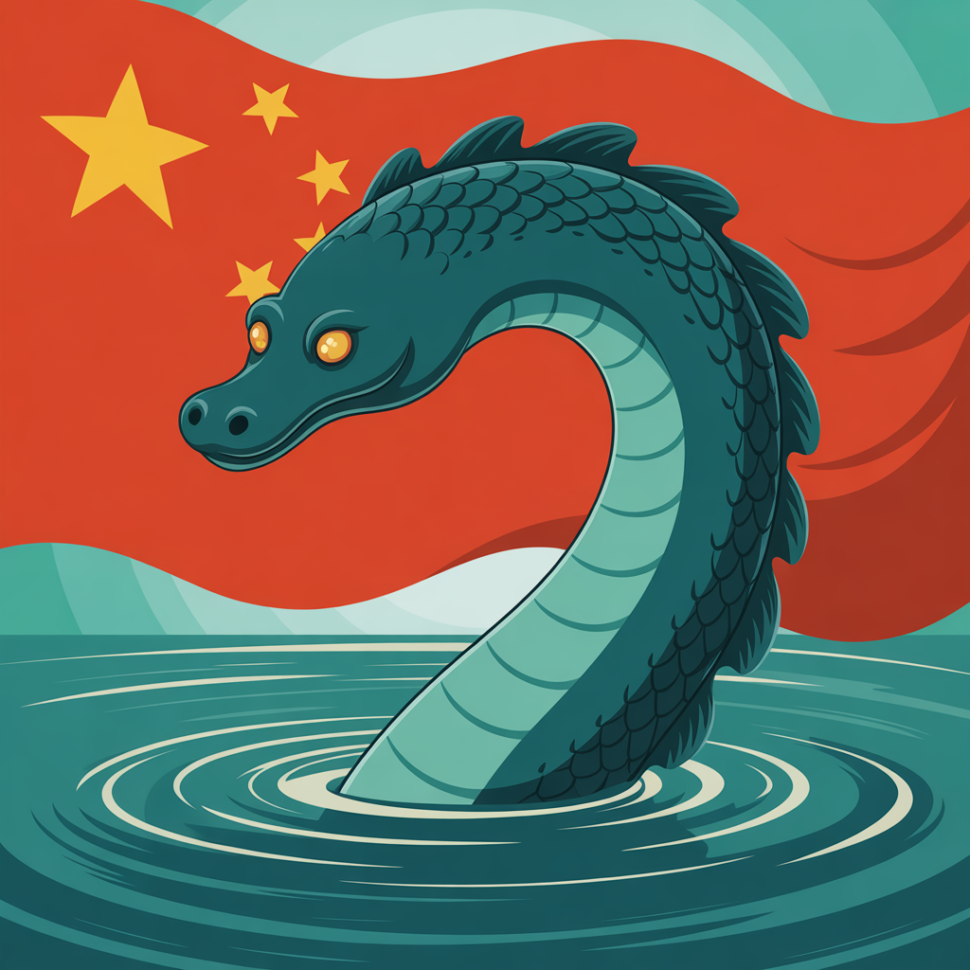
The internet was built to be global.
But that hasn’t stopped a number of countries from filtering or outright blocking the internet along their borders.
China is the most notable example, having created what has long been known as the Great Firewall. This firewall has prevented many websites from being accessible within the country, such as Facebook and, ironically, the Chinese-owned TikTok. But there’s much more to it.
ChinaFile senior editor Jessica Batke and Laura Edelson, Assistant Professor of Computer Science at Northeastern University, have published an outstanding resource that explains the many layers and implications of China’s approach to the internet — and how it impacts those of us who live a long ways away from China.
The reason the authors avoid the term “great firewall” is that China doesn’t simply monitor and control communications across its border but also from within.
The censorship system’s complexity belies the idea that it is merely a wall. The “Great Firewall” suggests an attempt at impermeability, a hard, static barrier running along the border keeping invading information at bay. But the metaphor fails to capture the scale and dynamism of the system as a whole. Beijing doesn’t just stand sentry over its digital borders, it monitors and censors information flows within the country as well. Moreover, the censorship system was never designed to be impermeable. Instead, it uses the most efficient means possible to minimize the quantity of “dangerous” information available to Chinese citizens online. Impermeability is expensive, and not all that much better, from a practical perspective, than simply filtering out the majority of unwanted content.
In practice, online censorship in China functions more like a massive water management system: an amalgamation of canals and locks that regulates what flows, through which particular channels, and at what times. It adjusts to natural rises and drops in volume, though it can be overwhelmed during a flood. Even when the sluices close, it’s not perfectly impermeable; ripples can always slosh over the edge. This can happen in both directions: a gush can surge in from the outside or what was meant to stay in can leak out.
Just as a system of locks and sluices surrounding a man-made lake can regulate the lake’s water level while tides or rivers flow in and out, so China’s online censorship system can ensure the information circulating through the country’s digital spillways mostly conforms to Beijing’s changing whims. The result is a national intranet that links up with the global internet but manages internal information flows according to its own rules. The result is what we have dubbed “the Locknet.”
The Locknet has a wide reach — far beyond China’s borders:
Among the most obvious examples of this spillover effect involve international users experiencing content censorship on China-based or -designed platforms—essentially, externalized service-level censorship. The online video game Marvel Rivals, for instance, doesn’t allow players to type phrases like “free Tibet,” “free Xinjiang,” “Uyghur camps,” or “Taiwan is a country” in the in-game chat, no matter where in the world the players log on from.
To avoid this problem, some companies offer separate versions of their apps for Chinese and international audiences, like ByteDance does with Douyin (the Chinese version) and TikTok (the international version). Theoretically, this means that CCP-imposed censorship stays on the Chinese version of the platform—but reality isn’t always that tidy. In 2019, an American teenager posted a video on TikTok, the “foreign” version of the Chinese app Douyin. Made to look like a milquetoast makeup tutorial, the video quickly shifts tone as the teenager decries the Chinese government’s treatment of Uyghur Muslims. TikTok removed the video and subsequently banned her from posting new content. Despite TikTok’s later claims that the video had been taken down in error, many observers concluded this was an attempt to silence international discussion of ethnic repression in China.
International users can also receive censored internet search results. Microsoft’s Bing has repeatedly declined to show certain search results and has also censored the autosuggestions it offers when users begin typing in the search bar. Though it’s unclear whether this behavior is intentional or simply the accidental result of China-tailored software exceeding its boundaries, even properly-functioning search queries can turn up censored results anywhere in the world. One academic study found that when users outside of China searched Google for images with Chinese-language terms, they ended up with censored results. “Google largely directs its Chinese language searches to mainland Chinese IP addresses,” if the user conducts a query in Chinese, so the image results Google offers the user “have mostly already been censored and therefore Google indirectly subjects its Chinese-language users to mainland censorship.”
The Locknet is worrisome for anyone who cares about open communication because it is the fear of censorship that leads to self-censorship. And this is something all despotic leaders have no doubt noted.
The must-read piece concludes:
In China, the internet is not for everyone. The internet is for the Party.
